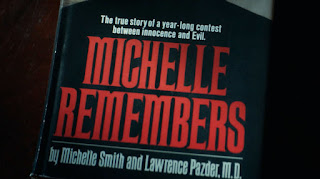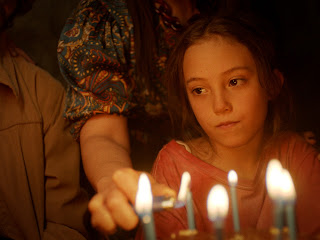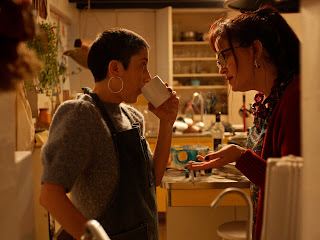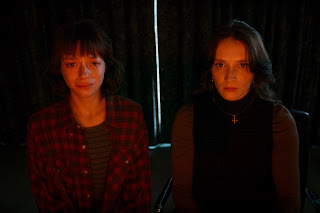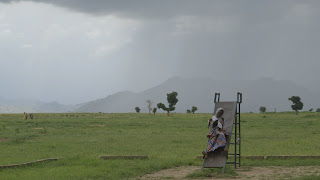With a title as lurid as the name given to the subject it examines—the so-called satanic panic of the 1980s—Sean Horlor and Steve J. Adams' documentary looks, at first glance, as if it might be a worryingly glib kitchfest that makes light of mass hysteria; such sensational labelling can easily mask the fact that this particular moral panic was anything but a laughing matter for those whose lives were destroyed by spurious allegations. Thankfully, it turns out that this thoroughly absorbing film takes a respectful, but not overly reverent, approach as it digs into a dark and painful episode in Canadian and US history. Having debuted at this year's SXSW Film Festival, Satan Wants You will have its UK premiere, quite fittingly, on Halloween at the Raindance Film Festival. The film will be followed by a Q&A session with producer Melissa James, but the fun doesn't stop there: anyone who buys a ticket for Tuesday's screening will be given a complimentary wristband for entry to Raindance's Halloween party.
Satan Wants You is a Canadian production, and for much of its snappy running time its focus is on Victoria, that fine Vancouver Island city that has long since been saddled with a rather unfair, if somewhat amusing, soubriquet: home of the newly wed and nearly dead. Back in the early 80s, however, a semi-affectionate nickname was the least of the British Columbia capital's problems, as one of its residents, Michelle Smith (née Proby), claimed that she had been abused by a Victoria-based satanic cult which numbered her late mother among its members. Smith was an adult when she made these accusations, the supposed basis for which was unearthed by psychiatrist Larry Pazder. Smith had been under Pazder's care for some time on account of a depressive episode brought on by a miscarriage, but it was approximately 600 hours of hypnosis over the course of 14 months that led to the assertions that would kick-start satanic panic—a name that might be funny if the reality wasn't quite so tragic.
Following the apparent surfacing of these hitherto-buried childhood memories, the doctor and his patient wrote a bestselling book—Michelle Remembers—detailing the five-year-old Smith's alleged ordeal, and the pair would go on to marry. Horlor and Adams spend a good while examining the couple's relationship, and what emerges is a picture of a setup that, even at its best, was highly unethical. As Smith and Pazder turned their professional arrangement into a personal one, a number of people close to the couple were hurt: Pazder's wife and children; and Smith's father and sisters. Yet the unfortunate reach of the Smith–Pazder alliance would extend way beyond their respective family circles as satanic panic began to take hold; to date, it is estimated that some 12,000 unsubstantiated cases have been raised. While it may be a tad harsh to blame Smith and Pazder's book for every one of these instances, there is little doubt that its publication sparked a hysteria, one that was largely supported by venal motives and, worse, may well have obscured actual abuse issues.
While both Michelle Remembers and the the recovered-memory technique employed by Pazder have now been discredited, this will prove cold comfort to those who found themselves on the business end of baseless allegations. Larry Pazder died nearly 20 years ago, and Michelle Pazder—who was effectively satanic panic's patient zero—declined to take part in Satan Wants You, but Horlor and Adams' film is nevertheless packed with insightful interview subjects, with Michelle's younger sister Charyl proving the pick of the bunch. While the filmmakers' position is fairly clear, they have been careful to include a range of opinions, and they steadily paint a picture of a climate of fear that would eventually spread beyond North America to other countries, including the Netherlands; just a few years ago, journalists from Dutch radio show Argos conducted a lengthy investigation into alleged organised ritual abuse, the findings of which were aired in an episode called Glasscherven en duistere rituelen. The impressive Satan Wants You is an intense and engaging experience—but also a deeply chilling one, for reasons that have nothing to do with its title character.



